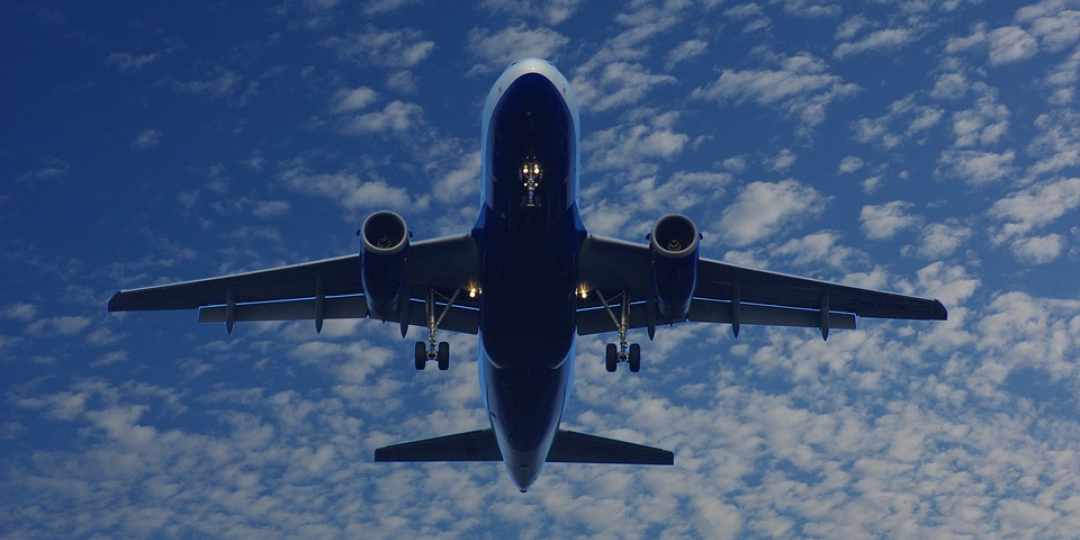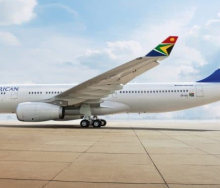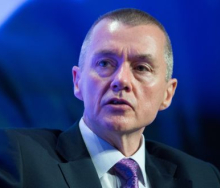Post-pandemic, a new obstacle is standing in the way of the renewed ambitions of airlines. The expansion they crave now appears to be under a new threat – a global shortage of aircraft. And it’s not just new jets – some carriers have been battling to get enough spare parts to keep their existing aircraft in the skies, says the Financial Times.
As Boeing and Airbus, the two principal manufacturers of commercial airliners, ramp up capacity after COVID-19, a complex set of circumstances stand in their way.
Because of the pandemic, the airline industry’s entire supply chain (manufacturers of aircraft and those who supply those businesses) is short of working capital and staff.
Travel and aviation were subject to a long period of inactivity due to border regulations after the global economy had kicked back into gear as the world’s economic lockdowns ended. Fleets had been grounded, deliveries deferred and orders cancelled. The protracted period of no work meant that many personnel in those companies who had been retrenched, laid off or who had been forced into salary cuts, took a long look at the industry and walked away, finding new employment in other, unrelated industries.
In Boeing’s case, it was already in a less than optimal position due to the long fallout resulting from the 2019 grounding of the B737-800MAX after two tragic accidents that resulted in large-scale loss of life. Now the manufacturer is said to be “months behind” with its orders for the B737 single-aisle jets, which are intensively used for short-haul trips. The B737-800 is a favourite aircraft in African domestic and regional markets and is often described as the “workhorse of Africa”. Boeing also has a further challenge in that two variants of the B737 MAX need to win regulatory approval for their cockpits before the end of 2022, or they might need a complete redesign in order to fall in with 2023 regulatory parameters.
Airbus has gone on record saying the supply chain is fragile in terms of spare parts, raw material and labour shortages. It said meeting its delivery targets for the full year could be a challenge.
This affects the all-important short-, medium- and long-term planning for the airline industry.
Southwest Airlines Pilots Association was quoted recently in the FT saying that as Southwest moved forward and its own staffing was corrected, aircraft would become the issue. The same article reports that Michael O’Leary, Ryanair CEO, said the airline expected to take delivery of only 13 of the 21 jets it was scheduled to receive before Christmas this year.
Brazilian giant Embraer’s production line is reported to be affected by delays in supply chain. Engines, avionics and interiors are said to be affected, and it is reported that the Brazilian manufacturer does not expect to see its supply chain normalise until 2024.














